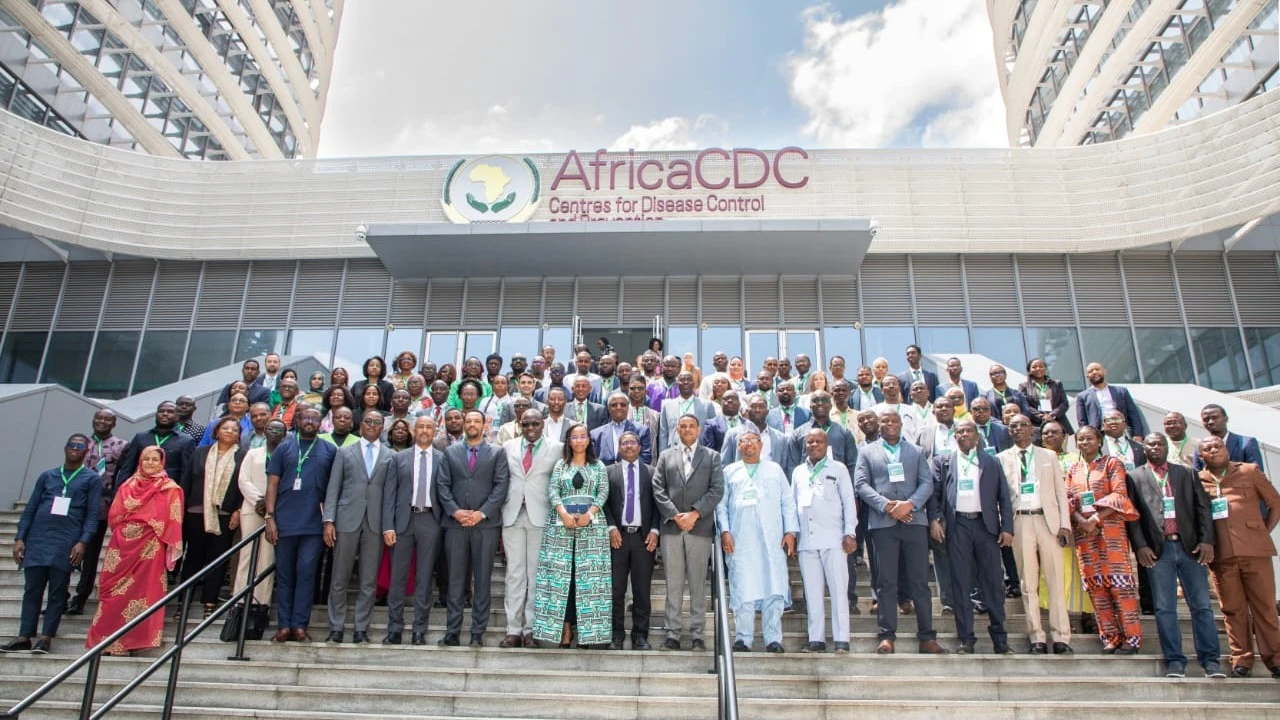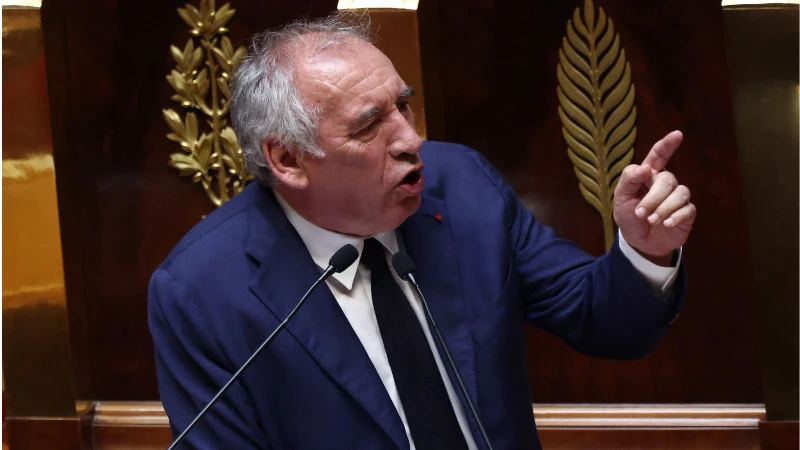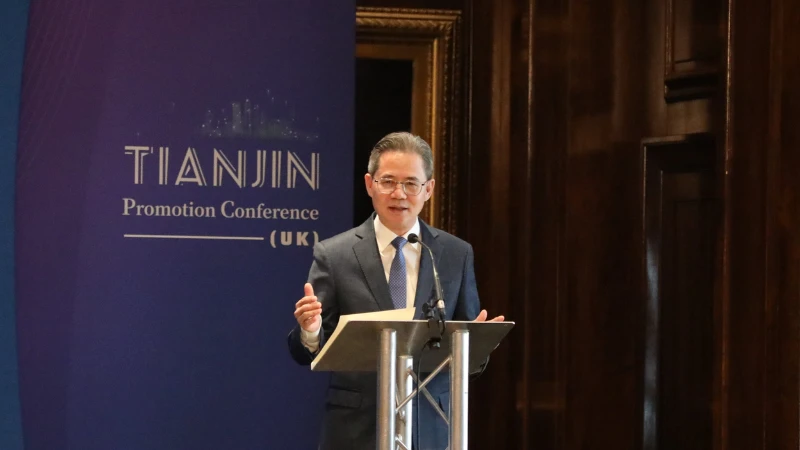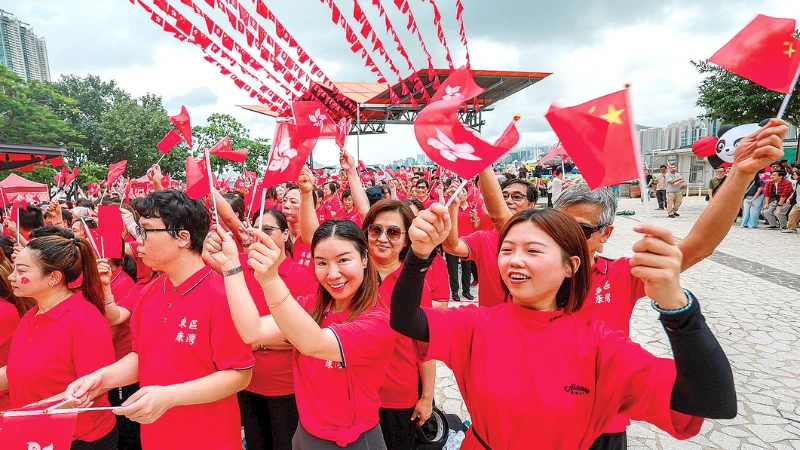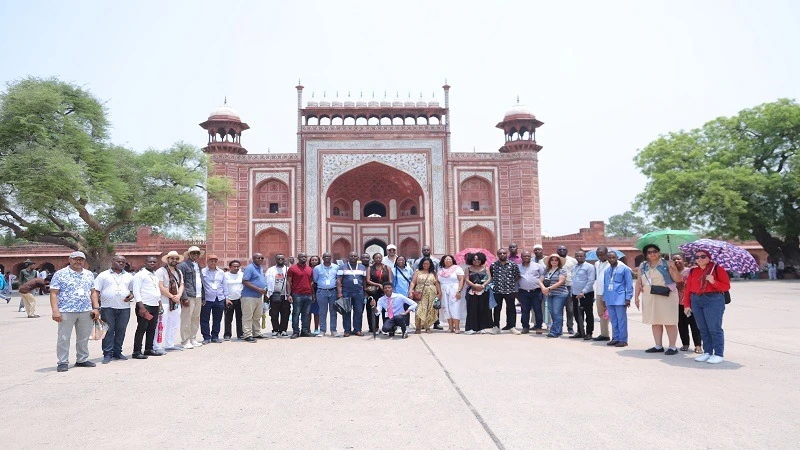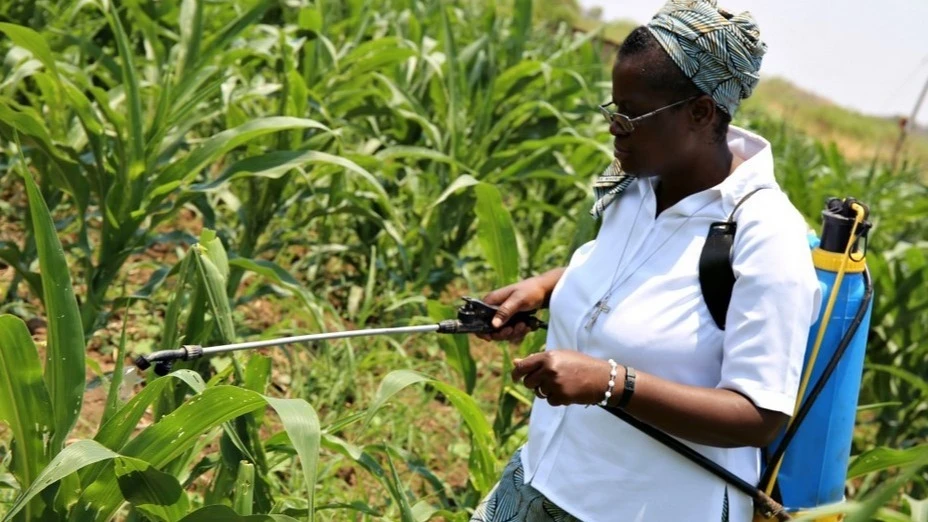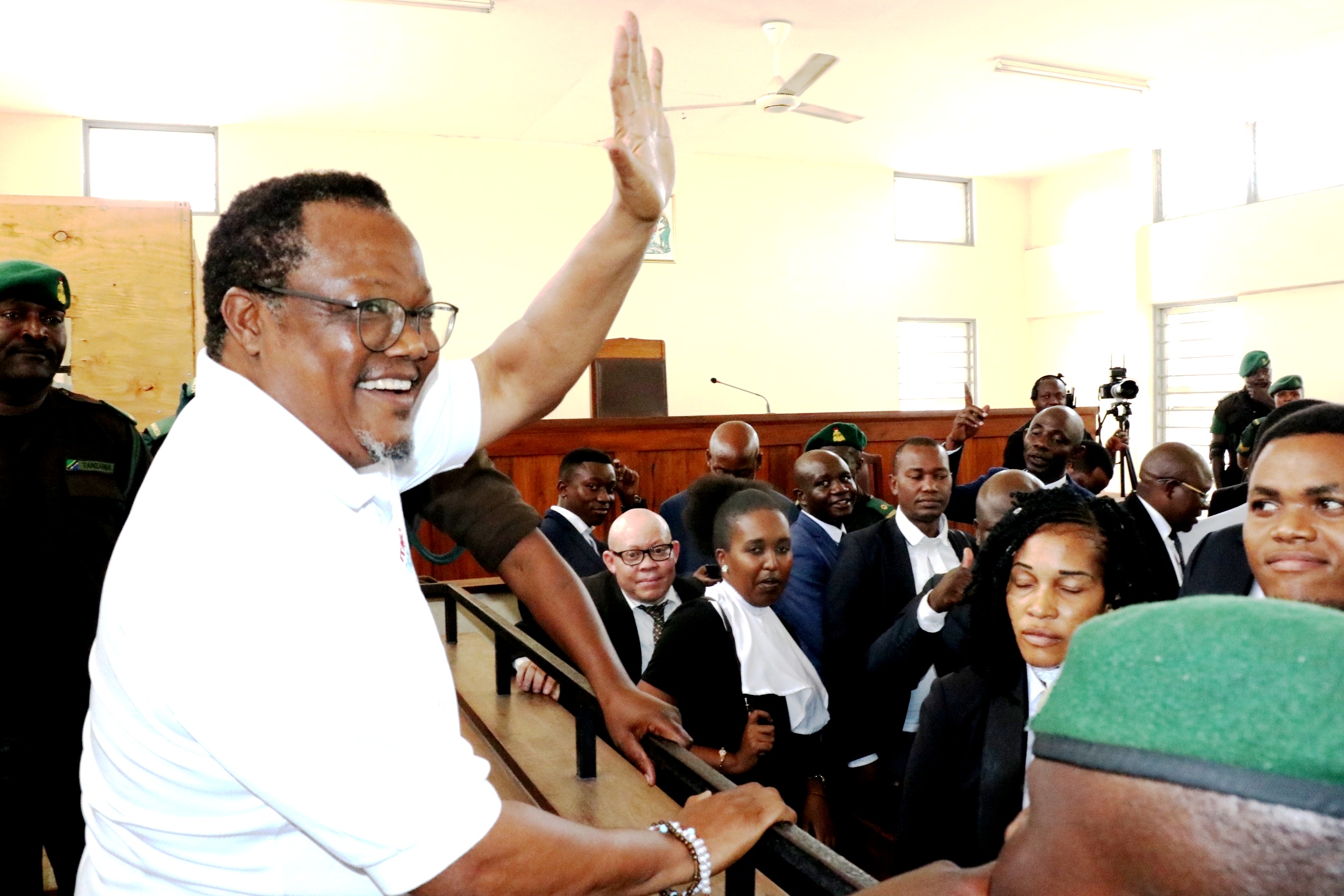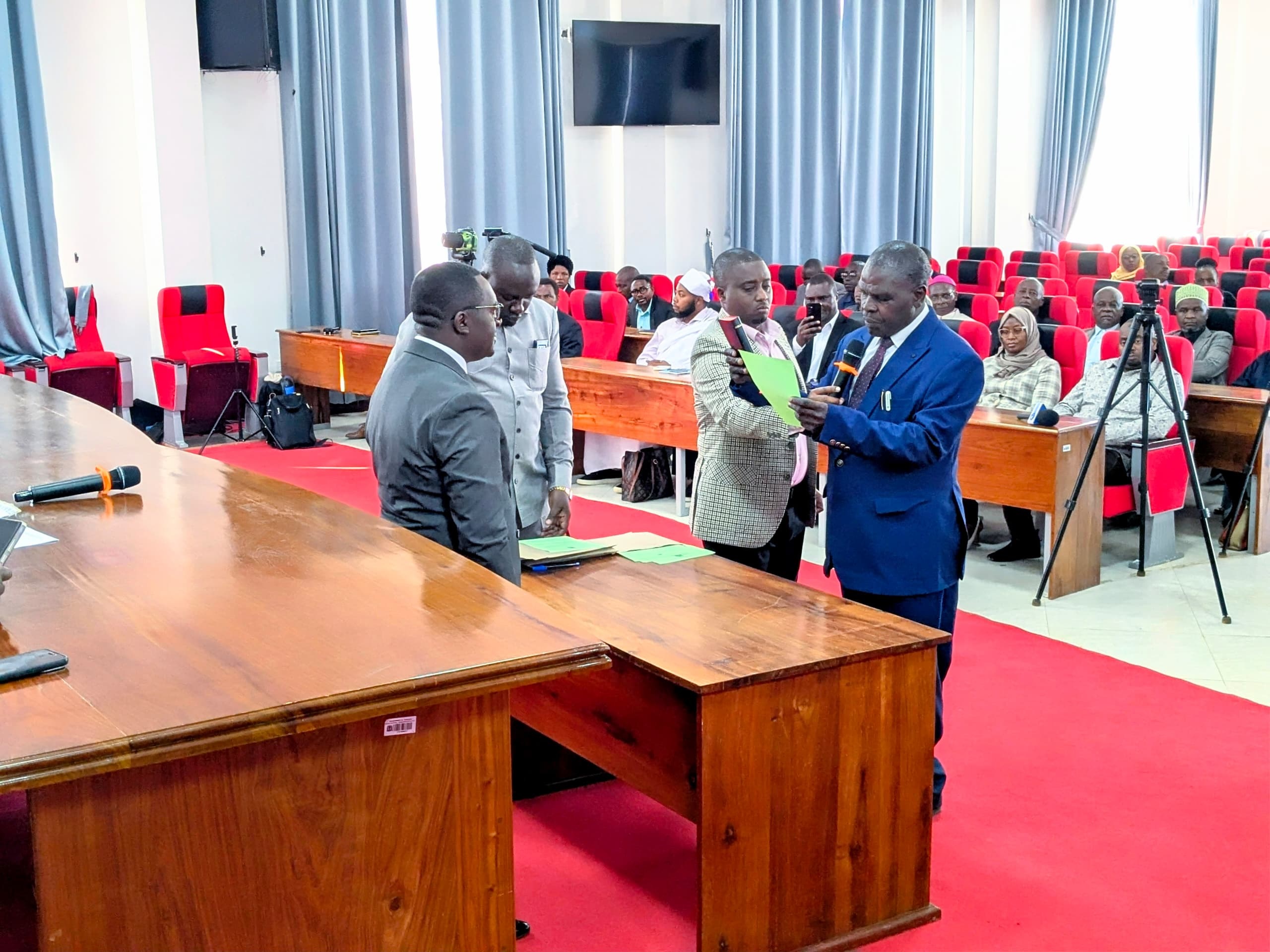VP recommending revitalised global initiatives on SDGs

VICE President Dr Philip Mpango has issued a compelling call for transformative reforms in the global financial system at the fourth international conference on financing for development (FfD4) in this Spanish provincial tourist city.
Addressing delegates from across the world, he advocated for a financial framework that is more equitable, transparent and responsive to the development priorities of countries in the Global South.
In a keynote speech, the VP emphasized the need for a new financial architecture built on sustainability, predictability, fairness and relief—especially for nations burdened by unsustainable debt.
He proposed innovative financing solutions, such as debt-for-nature swaps, which allow debt repayments to be redirected toward environmental conservation.
These swaps offer dual benefits by addressing both ecological preservation and the fiscal pressures facing developing economies, he stated, arguing for comprehensive overhaul of how debt sustainability is assessed.
Criticizing current methodologies as opaque and biased, he proposed establishing more transparent, just mechanisms that consider the developmental needs and socio-economic realities of debtor countries.
“Access to affordable, long-term financing is not a luxury—it is a necessity for sustainable development,” he declared, asking conference participants to commit to actionable steps that would lower borrowing costs and expand financial access for low- and middle-income nations.
He pointed at global trade as having a pivotal role in economic growth, calling for empowering developing countries to increase production, add value and meet international standards.
He described existing provisions of the global trade system as needing to adopt more equitable practices, particularly regarding custom duties and trade ceilings, which disproportionately disadvantage emerging economies.
Deeper collaboration between developed and developing nations in the areas of science, technology and data.is essential as cooperation is required for evidence-based policymaking, innovation and resilience.
Wealthy nations need to share risks and co-finance strategic projects in developing countries particularly in sectors like infrastructure, agriculture and energy, he urged, demanding urgent funding for biodiversity conservation, climate adaptation and resilience-building projects.
There is a need for the full operationalization of the Loss and Damage Fund set up to support countries suffering from the adverse effects of climate change but has yet to be properly activated, he declared.
He pointed at Tanzania’s achievements as having attained 60 percent of benchmarks of the sustainable development goals (SDGs) as of late 2024, notably in regard to significant strides in SDGs 2 to 7.
These cover food security, health, education, gender equality, clean water access and energy, he said, stressing that further progress depends on robust international cooperation and increased access to concessional financing to support domestic resource mobilization.
The FfD4 conference, focused on reshaping global financing for inclusive development, seeks to address persistent challenges in funding the implementation of the SDGs.
It builds on the legacy of previous FfD meetings in Monterrey (2002), Doha (2008) and Addis Ababa (2015), which produced the Addis Ababa Action Agenda—a global pact on financing sustainable development.
The Seville conference culminated in the adoption of the Seville Declaration, a roadmap designed to strengthen global financial solidarity, restructure debt burdens, and make financial systems more inclusive in the face of global crises, ranging from climate change and pandemics to armed conflict and economic instability.
As delegates departed, the consensus was clear: only through bold, inclusive reforms—like the themes covered in the VP’s speech - can enable further progress in bridging the widening development gap and fulfill the promise of the SDGs by 2030, analysts noted.
Top Headlines
© 2025 IPPMEDIA.COM. ALL RIGHTS RESERVED








